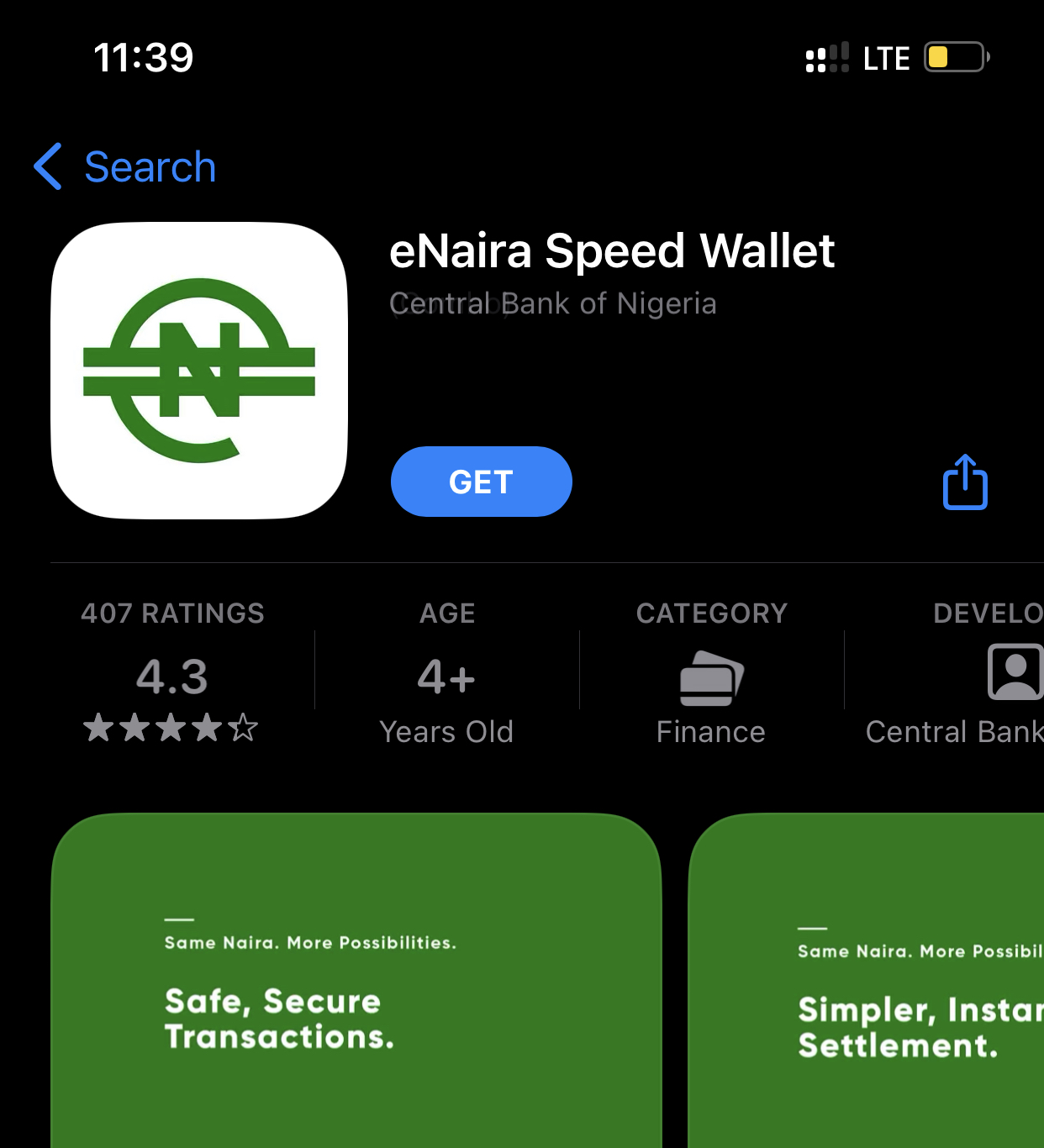
The eNaira’s Near Field Communication (NFC) technology is integrated by the Central Bank of Nigeria.
The Central Bank of Nigeria (CBN) has unveiled new features for the eNaira, its central bank digital currency (CBDC), with the goal of boosting the digital currency’s service offerings and fostering public acceptance of its use.
The eNaira has been updated to include NFC technology, the same technology used by well-known platforms like Apple Pay and Google Pay for contactless payments, as one of the new features. Peer-to-peer (P2P) transfers are now made possible by the digital currency, allowing for quick transactions between users.
The central bank has also added improved programmability features that let users establish limitations on payments, including their usage in government assistance programs like farmer loans.
The removal of the CBN Governor generated some immediate uncertainty, but the top bank is still staunch in its attempts to encourage the wider usage of the eNaira, its central bank digital currency (CBDC).
The CBN cannot afford to fall behind as the world transitions to digital. As a result, we adopt new technology whenever it comes along, according to Joseph Angaye, deputy director of the risk management division of the central bank.
While using QR codes to make retail and peer-to-peer payments was probably already possible, integrating NFC contactless payments has various benefits. It makes it easier for retail businesses to embrace it and more easy for them to accept eNaira payments.
Additionally, NFC technology provides customers with a more user-friendly payment experience, encouraging adoption and use on a larger scale.
There have been rumors that the central bank has introduced an NFC tag that can be linked to feature phones that do not support NFC. Although its implementation and specifics have not been formally confirmed, this tag would allow users of feature phones to accept payments in eNaira.
The CBDC can now be programmed to be spent in certain locations or on specified things, according to Mr. Angaye, who highlighted this as a significant improvement in its capabilities.
“We program it if we want to send money to farmers so they may buy tools or for any other specified purpose. They are unable to use the funds transferred to their eNaira wallet for other purposes, according to the deputy director.
Contactless payments made through accounts or wallets in Nigeria would have a transaction limit of N15,000 and a daily cumulative maximum of N50,000, per the CBN’s “Guidelines on Contactless Payments in Nigeria.” Customers can now make contactless payments up to N50,000 ($65) per day and N15,000 ($20) each transaction without providing a PIN or a biometric indicator.


